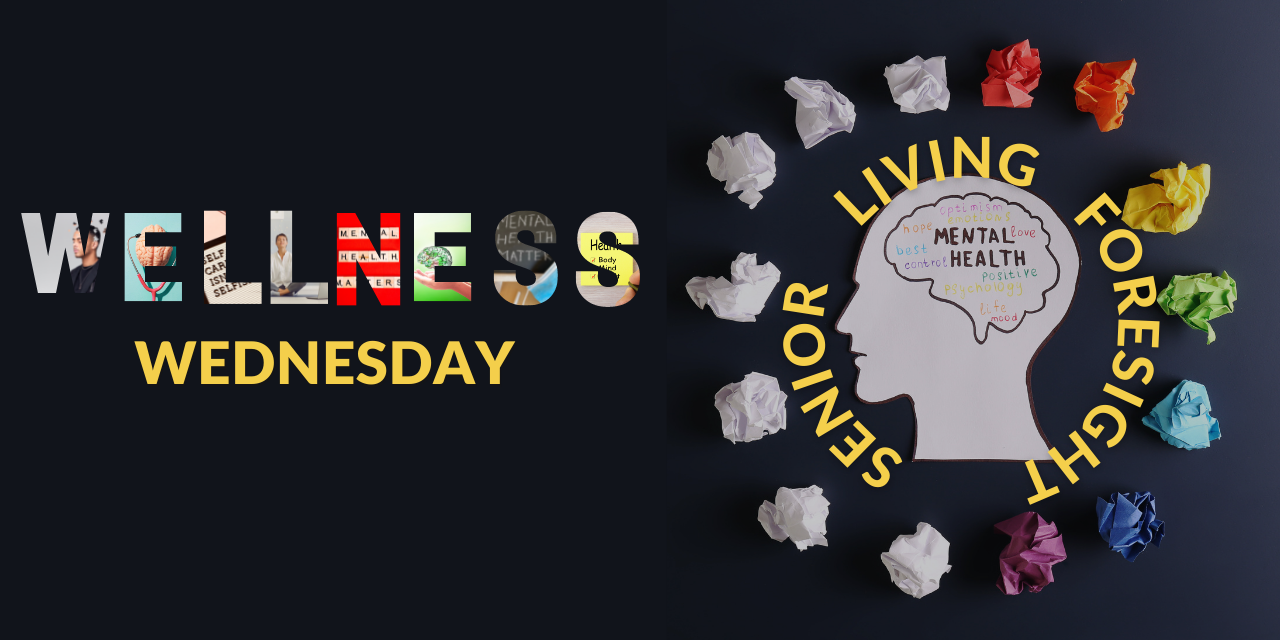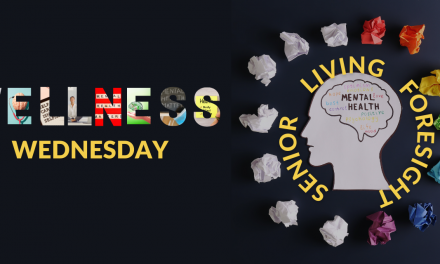By Steve Moran
One of the problems I have with self help-books and gurus is that they are all very faddish. Someone comes up with a new/better way to solve everyone’s problems, and it is the hot thing for a few years until the next “better idea” comes along.
The problem is rarely with the strategy not working but rather that changing how we think and behave is really hard to do. No matter how dysfunctional we are, we get comfortable with that dysfunction and hold on to it at all costs.
The Other Problem
The other problem is that some really good stuff gets lost because a new fad comes along, and we are all looking for not just better ways to improve our lives but easier ways, and the new way always looks easier.
I recently came across the concept of “stop, challenge, choose.” It was apparently conceived in the late 1990s by Larry and Hersch Wilson and derived from Maxie Maultsby’s “rational self-counseling” (all this to give credit where credit is due).
Feeling Inadequate
Every single one of us (unless maybe we are a sociopath) have times where we feel inadequate, and nearly every time we feel that way, we shouldn’t. It is a feeling that comes from failing at something, not being as good at something as we want, not achieving some goal, seeing others’ successes, being rejected, having financial difficulties … the list is nearly endless.
This is not to suggest that in some circumstances one should not feel bad, but feeling bad and feeling inadequate are very different emotions.
Stop, Challenge, Choose
Stop, challenge, choose is an effective way to “play to win” rather than “play to not lose.” When you have feelings of inadequacy, the first step is to stop … to pause, giving yourself time to challenge your spontaneous, usually wrong and unhelpful thinking.
Then ask yourself: Are these feelings rational? Are they helping you to improve, to reach your goals, to achieve what you want to achieve? If the answer is no, this should be a signal that you need to choose a different response.
Adapted from the book Right Kind of Wrong: The Science of Failing Well:
- Stop. Take a breath. Ask yourself, “What’s going on? What’s the big picture? How was I feeling before?”
- Challenge your thoughts. “Do they reflect objective reality? What are other possible interpretations? What is the most productive interpretation for me?”
- Choose how to react. “What do I really want? What will help me achieve my goals?”
Doing this will allow you to live a happier, more productive life. A life that allows you to achieve your goals, to make the lives of those you love, who you care about, better, as well as your own.









